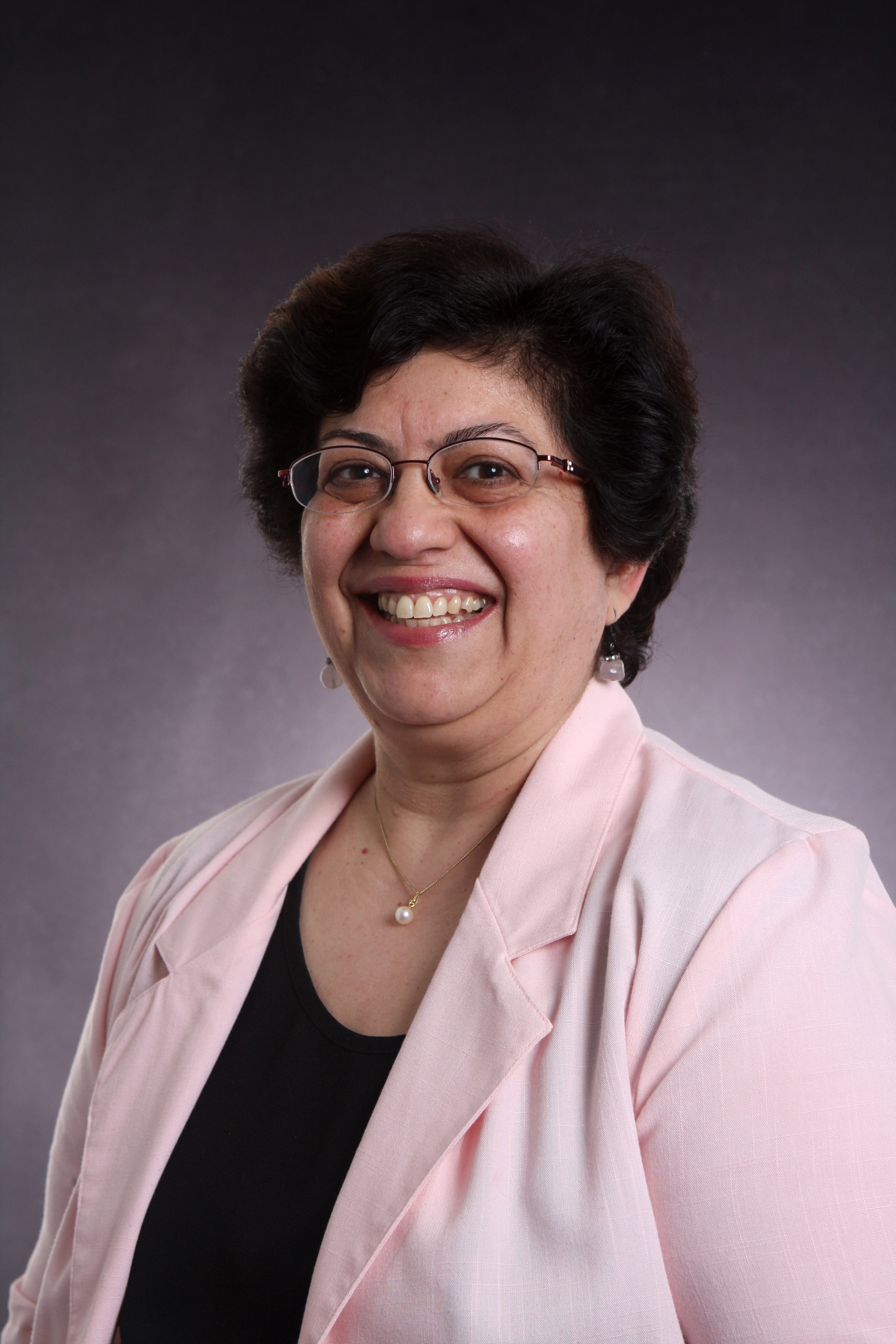Main Content
About
The Undergraduate Education Academic Council (UEAC) is a new faculty committee starting in the 2013- 2014 academic year which provides formal review of curriculum issues pertaining to undergraduate education at UWT. This Council was formed in response to the Executive Council of the Faculty Assembly Class B legislation passed late in spring quarter 2013 that mandates formal faculty oversight of academic units on campus that do not have permanent faculty lines. A diverse group of committed faculty and staff from all disciplines will meet regularly to explore how to improve the quality of undergraduate education at UWT. Some of the broad questions that the Council has been asked to consider are:
- What kind of first-year experience do we want to have for our students? What curricular adjustments to the current model would serve our students best
- How does our undergraduate curriculum for first- (and second-year) students connect to upper division offerings across units?
- How does our current undergraduate curriculum interface with scholarship being conducted by faculty/staff on campus? Suggestions for enhancements?
- How does our current undergraduate curriculum fit with the overall mission of UWT?
- How does our current undergraduate curriculum serve to engage students in a way that enhances recruitment and retention? What adjustments might better enhance these metrics?
Members
 |
Nicole Blair, Chair School of Interdisciplinary Arts and Sciences |
 |
Institute of Technology |
 |
Nursing and Healthcare Leadership |
 |
Milgard School of Business |
 |
Jill Purdy |
 |
Deirdre Raynor Director, Office of Undergraduate Education |
By laws of the Undergraduate Education Academic Council
By laws of the Undergraduate Education Academic Council
University of Washington Tacoma
Bylaws of the Undergraduate Education Academic Council
ARTICLE I
PURPOSE AND FUNCTION
A. The Undergraduate Education Academic Council (hereafter “UEAC”) is a body of faculty that oversees undergraduate education at the University of Washington Tacoma Campus (hereafter “UWT”).
B. The UEAC is responsible for collaborating with the Director of the Office of Undergraduate Education (hreafter “OUE’) to guide academic policy in admissions, coursework, advising, staffing, graduation requirements, structure and co-curricular activities for undergraduate education at UWT. The UEAC supports cross-unit coordination and advises the faculty of academic units on issues affecting their undergraduate curriculum and courses, including university requirements. The UEAC makes decisions regarding undergraduate academic courses that are not under the jurisdiction of another academic unit (e.g. TCORE and TUNIV courses). Decisions of academic policy made by the UEAC are subject to the oversight of the Faculty Assembly or its designated committees as stated in the Faculty Code.
ARTICLE II
MEMBERSHIP
1. Composition
A. The UEAC consists of the following voting members:
1. Faculty representatives elected from each UWT academic units::
a. Education
b. Institute of Technology
c. Interdisciplinary Arts & Sciences (2 representatives)
d. Milgard School of Business
e. Nursing and Healthcare Leadership
f. Social Work
g. Urban Studies
2. The Director of OUE (ex-officio)
3. The Assistant Director of OUE (ex-officio)
4. The Core Coordinator for OUE (ex-officio)
5. The Director of Writing Studies (ex-officio)
B. The UEAC includes the following non-voting members:
1. One representative from each of the following UWT units:
a. Teaching and Learning Center
b. UWT Library
c. Student Affairs
d. Equity and Diversity
e. Advising
2. Two undergraduate students
2. Eligibility
A. Faculty representatives identified in Section II.1.A.1 shall be voting members of the faculty as defined by the Faculty Code.
B. One undergraduate student identified in Section II.1.B shall have lower division status and one shall have upper division status at the time of selection. At least one of the undergraduate students identified in Section II.1.B shall have participated in the CORE.
3. Appointment
Each faculty representative identified in Section II.1.A.1 shall be elected by their academic unit by June 15. Staff members shall be appointed by their unit heads by September 15. The student members shall be selected by ASUWT by September 15. UEAC committee members may recommend qualified student nominees to ASUWT.
4. Term of Office
A. The term of office for members shall begin on September 15 of the year of their election or appointment and conclude on September 14. Faculty and staff members serve three year terms; the student member serves a one-year term. Voting members may serve no more than two consecutive terms. A past member may be elected to a subsequent term after a one year break from service. The election of faculty members will be staggered to provide a combination of new and continuing members.
B. In the event a member is unable to fulfill an entire term, a replacement shall be elected or appointed to serve the remainder of the term according to the provisions in Section II.3.
5. Resignation
Members are considered to have resigned when they have been absent without notice from three meetings in an academic year.
ARTICLE III
OFFICERS
1. Election of Chair
The chair of UEAC shall be elected by the voting members of the committee by June 15. The chair shall serve a one year term and may serve up to three consecutive terms. The chair must be an elected faculty member.
ARTICLE IV
MEETINGS
1. Regular Meetings
Meetings of the UEAC shall occur at least once per quarter during the fall, winter and spring quarters. Notice of a meeting shall be distributed at least one week in advance of the meeting.
2. Agenda
The agenda and order of business shall be developed by the Chair with input from UEAC members and the Director of OUE. The agenda shall be distributed to members at least 3 days prior to each meeting. No item will be acted upon finally at any meeting unless the item appears on the announced agenda of the meeting.
3. Operating Guidelines
The UEAC shall follow the recommendation of the Democratic Rules to conduct meetings. (http://democraticrules.com/tips.html). Meeting minutes shall be recorded by a staff member from OUEand posted for or circulated to members.
4. Special Meeting
Special meetings shall be held when requested by a majority of voting members or by the Director of OUE.
ARTICLE V
VOTING
1. Quorum
A quorum for any meeting shall consist of at least 60% of the voting members. No business may be conducted when a quorum is not present.
2. Procedures
For voting in a meeting, voting may occur orally, by show of hands, or by ballot. A secret ballot shall be held if requested by any voting member. A proposed action is effective if passed by a simple majority of its voting members present at a meeting. For electronic ballot, actions are approved by a simple majority of those voting, provided that at least 60% of the members eligible to vote have cast ballots. Items proposed by electronic ballots must have previously appeared on a UEAC agenda and been discussed by the council.
ARTICLE VI
AMENDMENTS
1. Ratification
Ratification of these bylaws requires a two-thirds vote of all voting members provided notice is given in the agenda as described in Section IV.2.
2. Amendment
These bylaws may be amended at any regularly scheduled meeting by two-thirds vote of all members provided notice is given in the agenda as described in Section IV.2.
ARTICLE VII
COMPATIBILITY
These bylaws will be compatible with and subordinate to the bylaws of the UWT Faculty Assembly, the authority and policies of UWT, the authority and policies of the University of Washington, and the laws of the State of Washington and the United States of America. If any portion of these bylaws is adjudged by any court of competent jurisdiction to be invalid, such judgments will not invalidate the remainder thereof.
